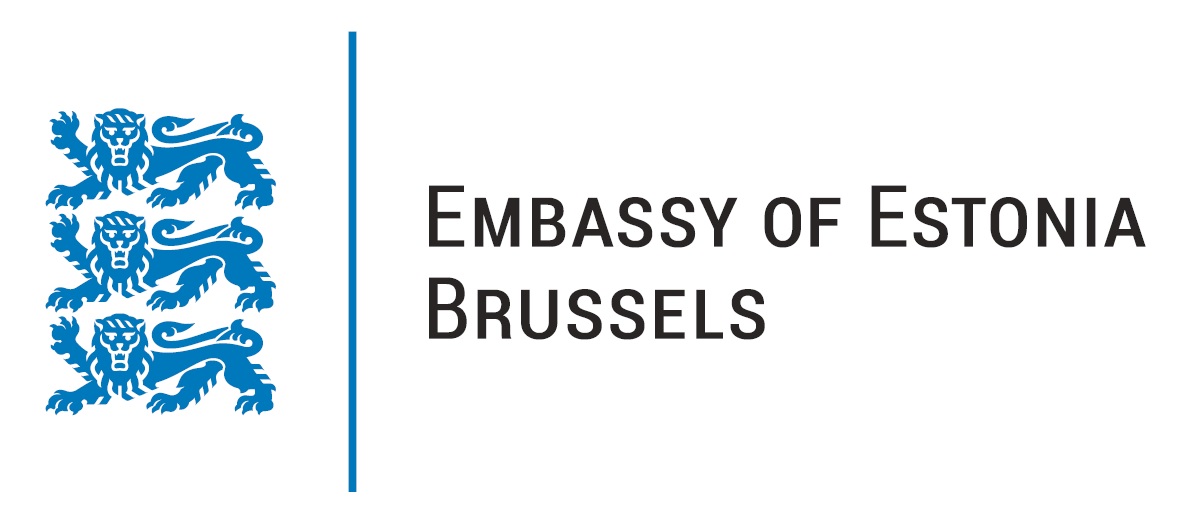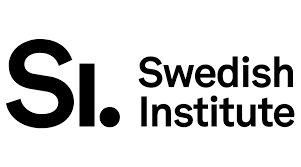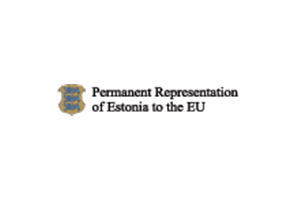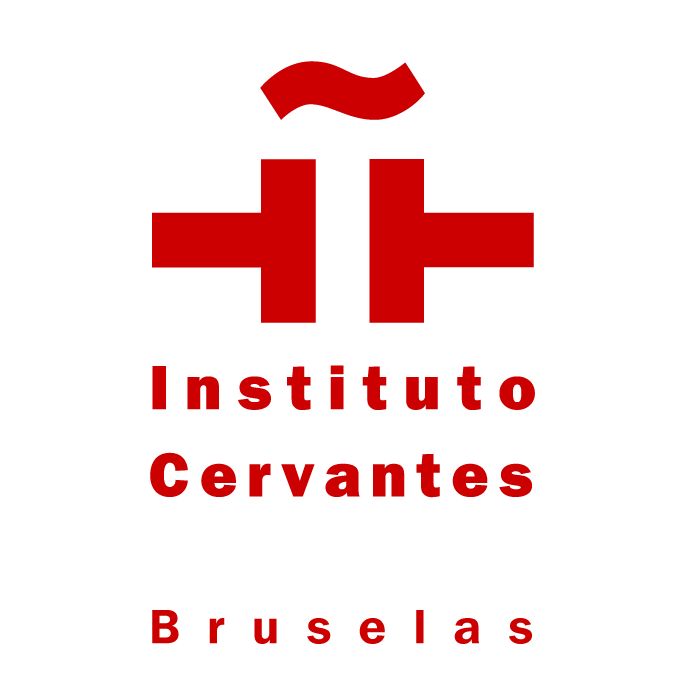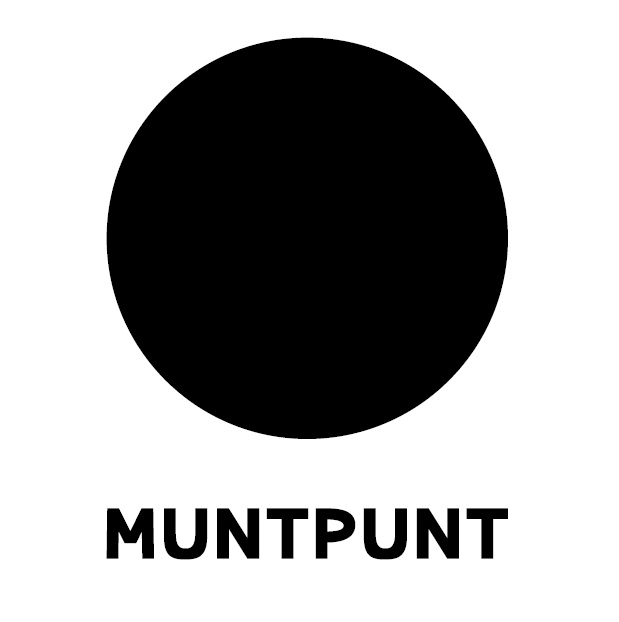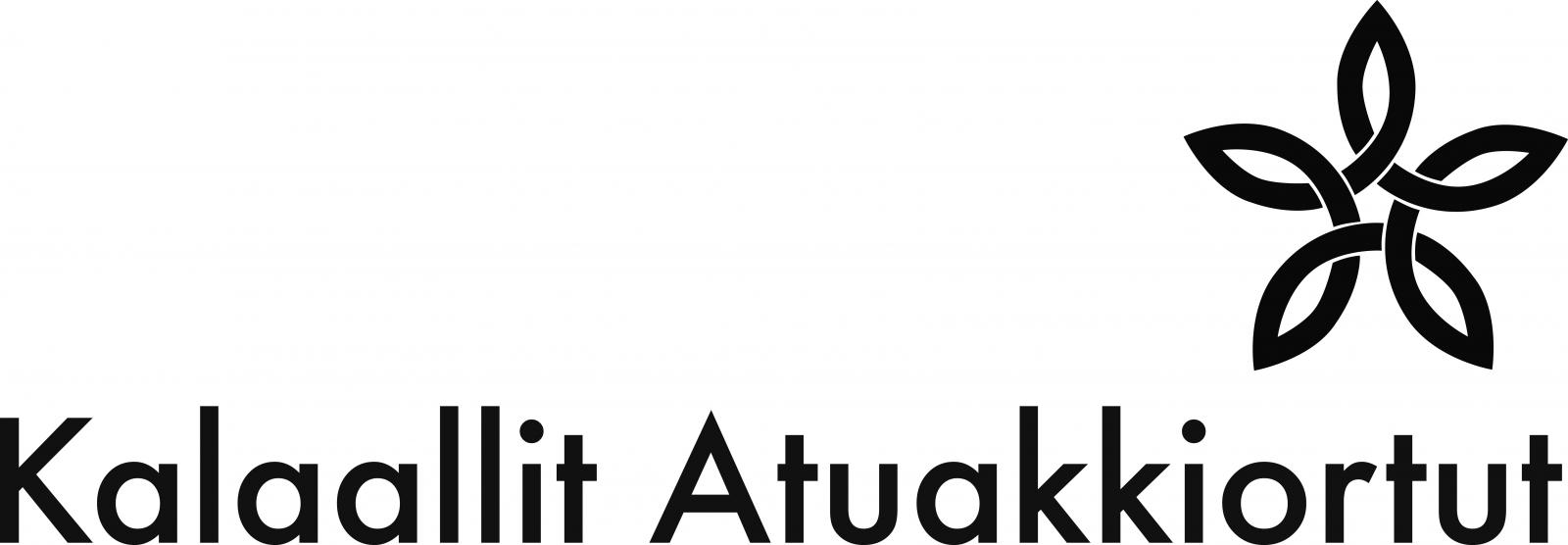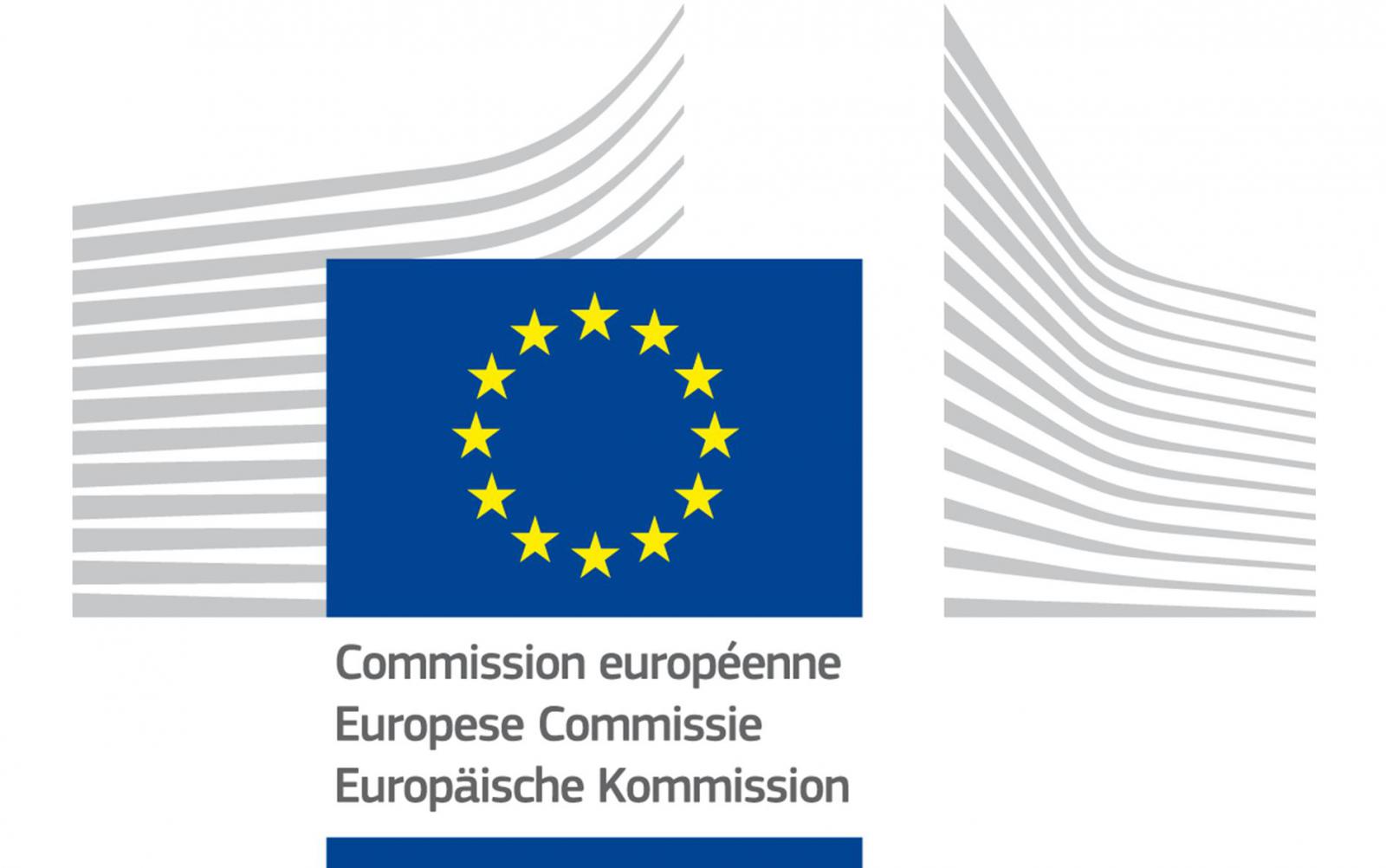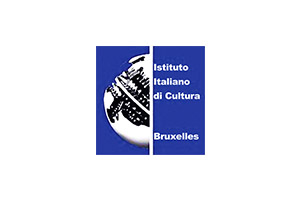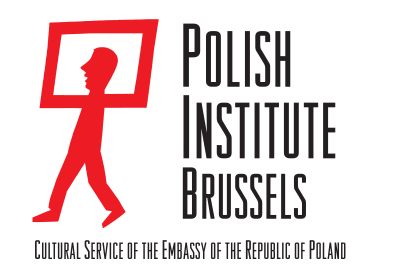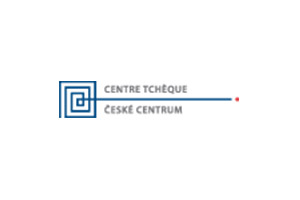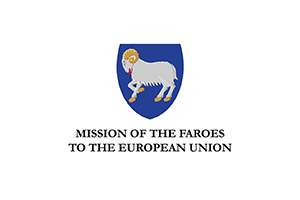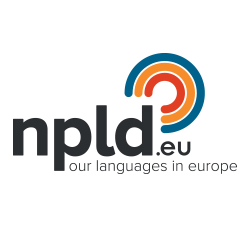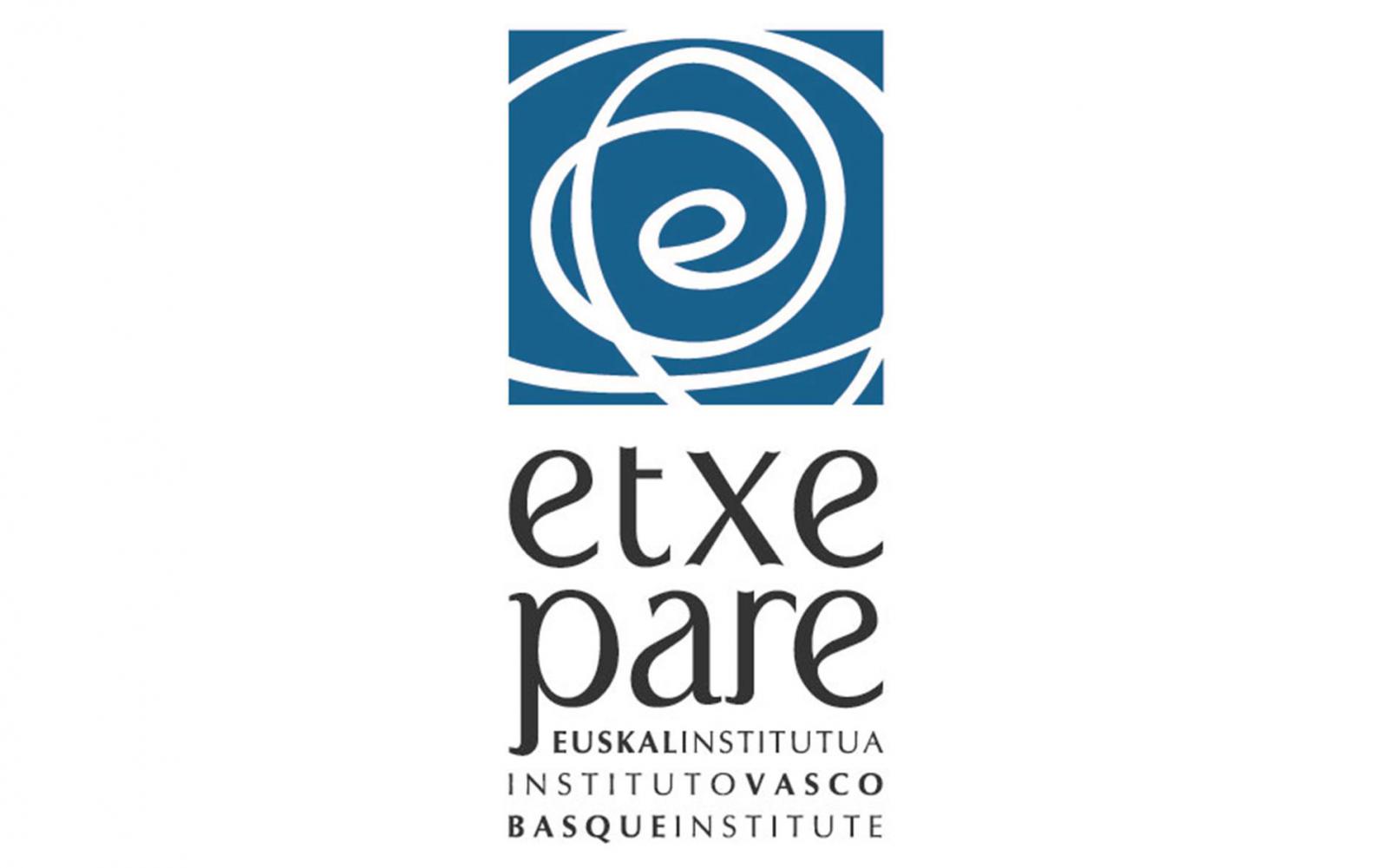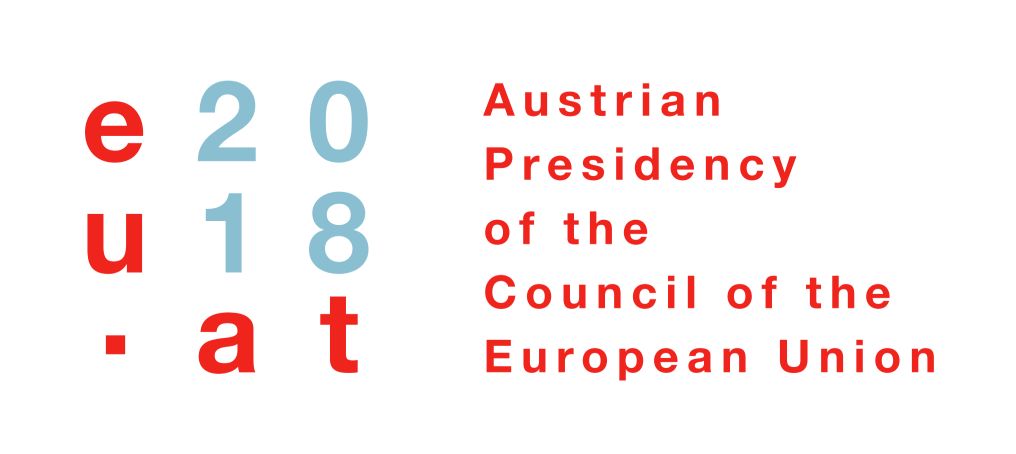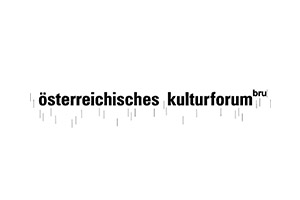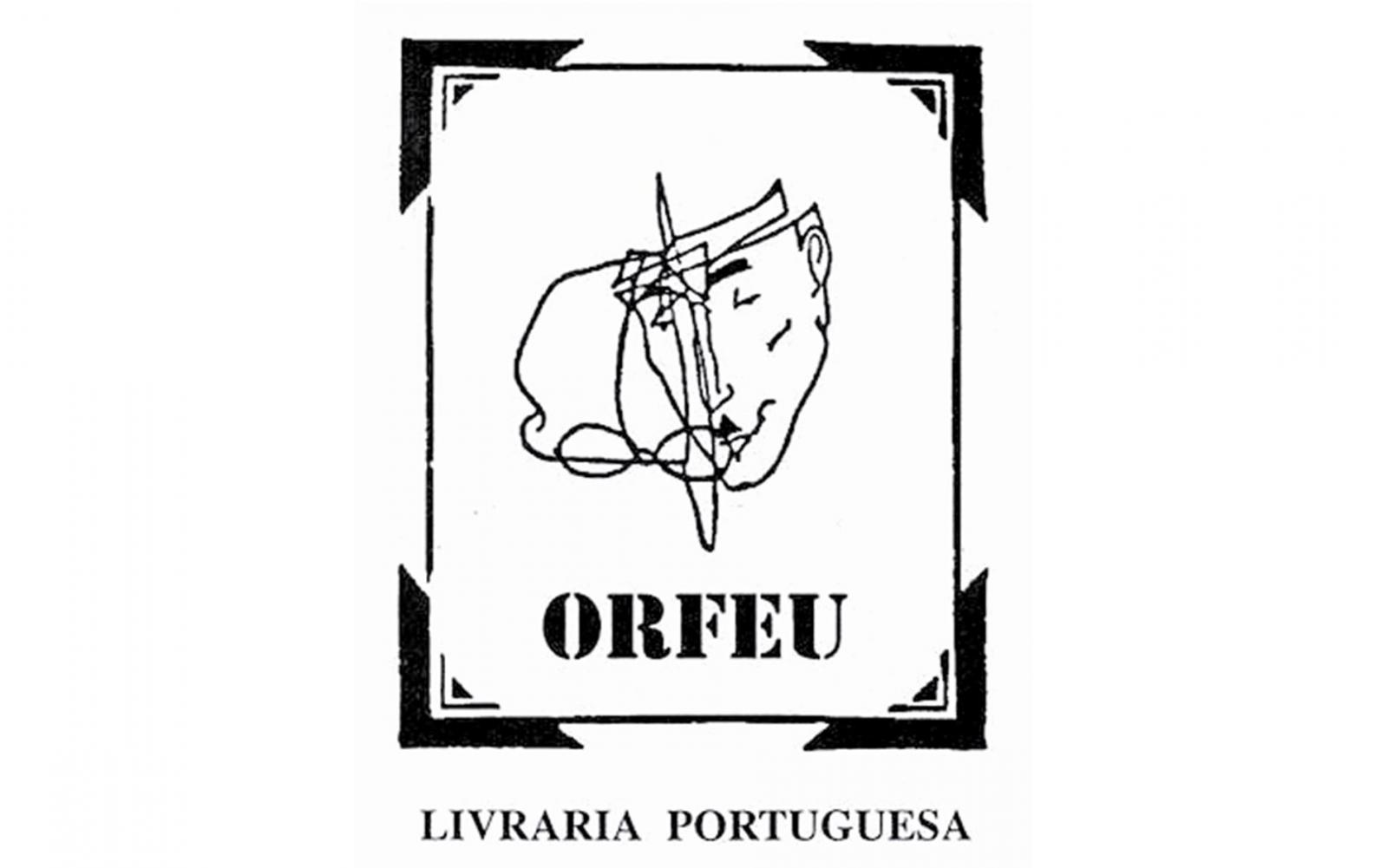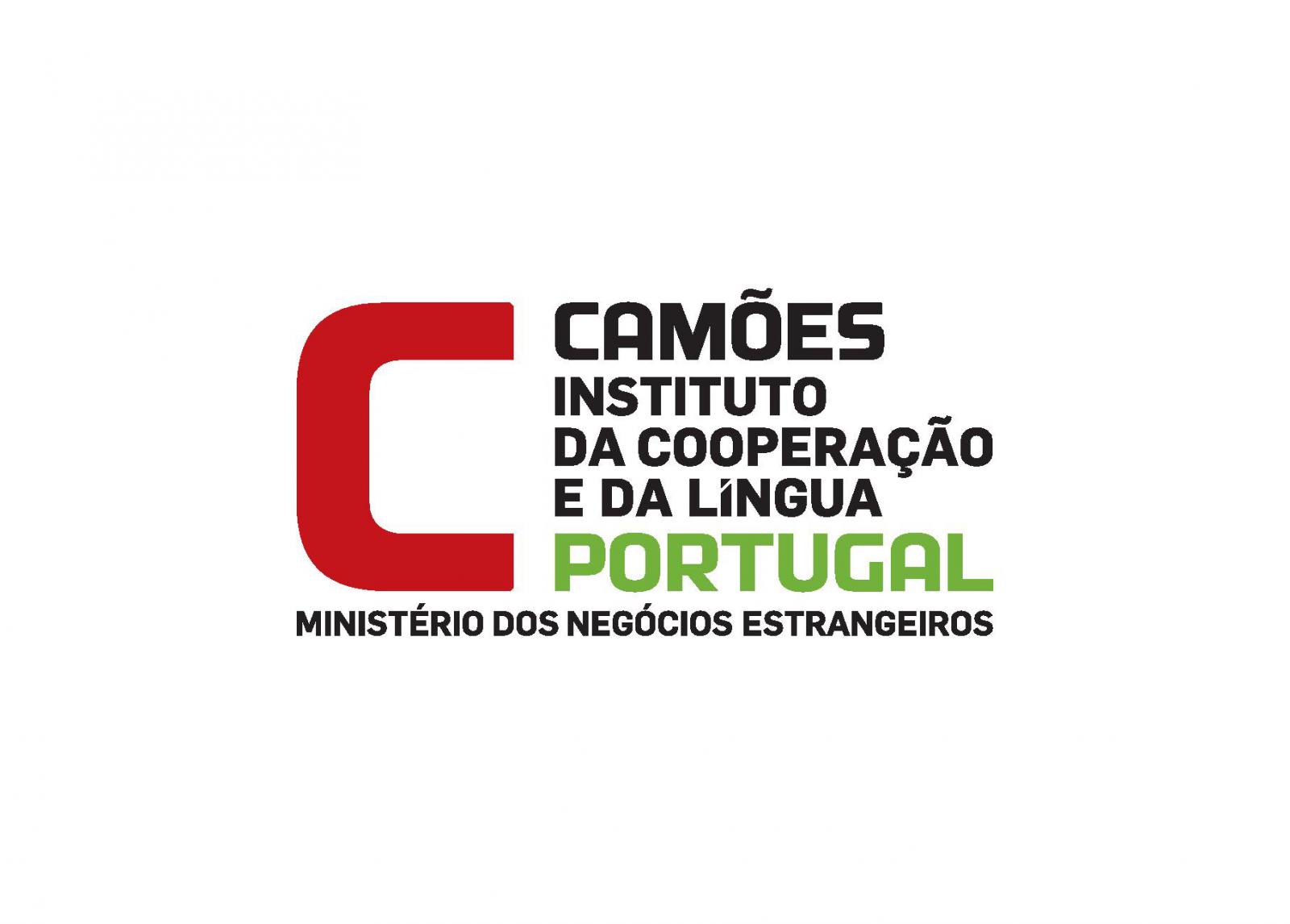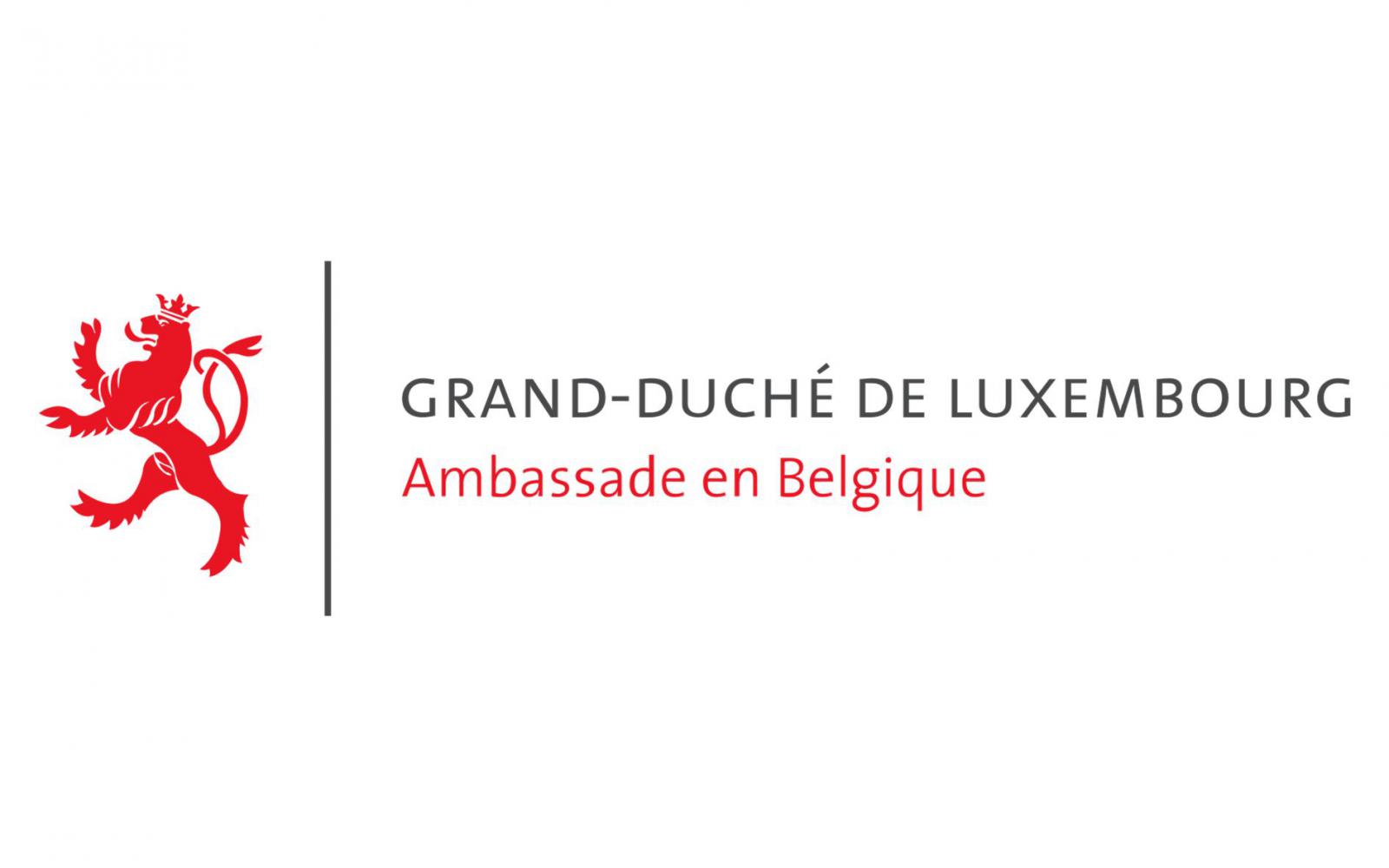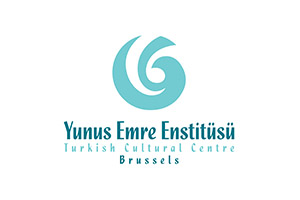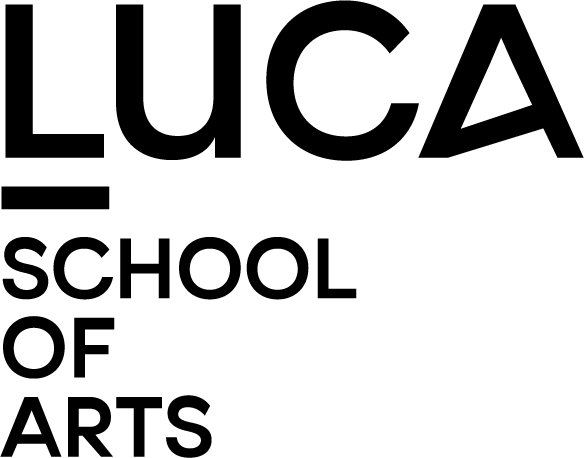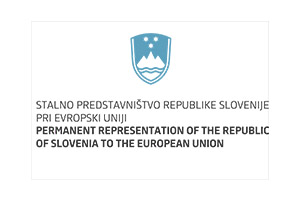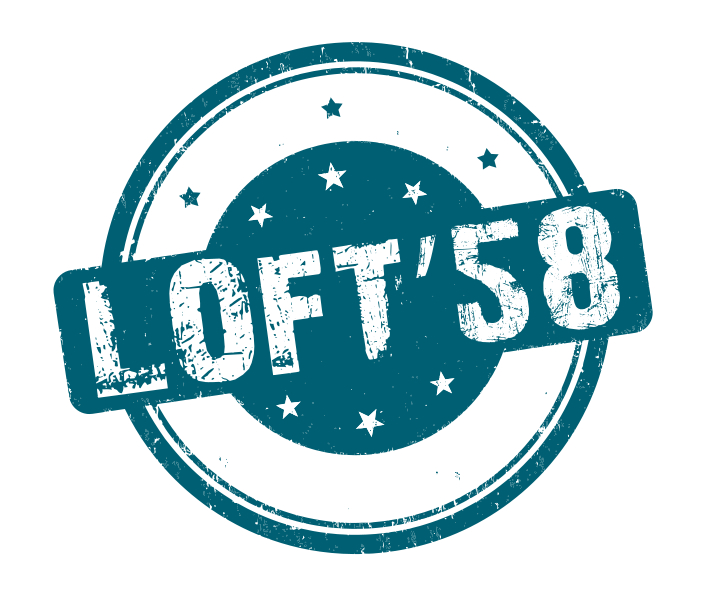Find a poet
Latest updates
-
TRANSPOESIE 2025
09/24/2025 -
Transpoesie 2025 - Programme
09/24/2025 -
Transpoesie 2025 - Open Call
04/16/2025
Eeva KILPI
.
Eeva Kilpi (1928) comes from eastern Karelia, east of Finland's present-day border with Russia, studied English philology at the University of Helsinki, and worked as a teacher before she began to earn a living from her writing. From 1970 to 1975, she chaired the PEN club in Finland.
Her experimental, erotic novel Tamara, which brought her international success, depicts the relationship between a sexually active woman and a handicapped man. In many of her works, the central character is a strong, independent woman. Besides fiction, she has also written autobiographical literature, in which she challenges the myth of the mother.
Eeva Kilpi is known as an ironic and humorous poet of the everyday. In her later poetry collections the writer questions man's right to dominate nature. Her last poetry collection (1996) was about sorrow and ageing, but also about love and passion.


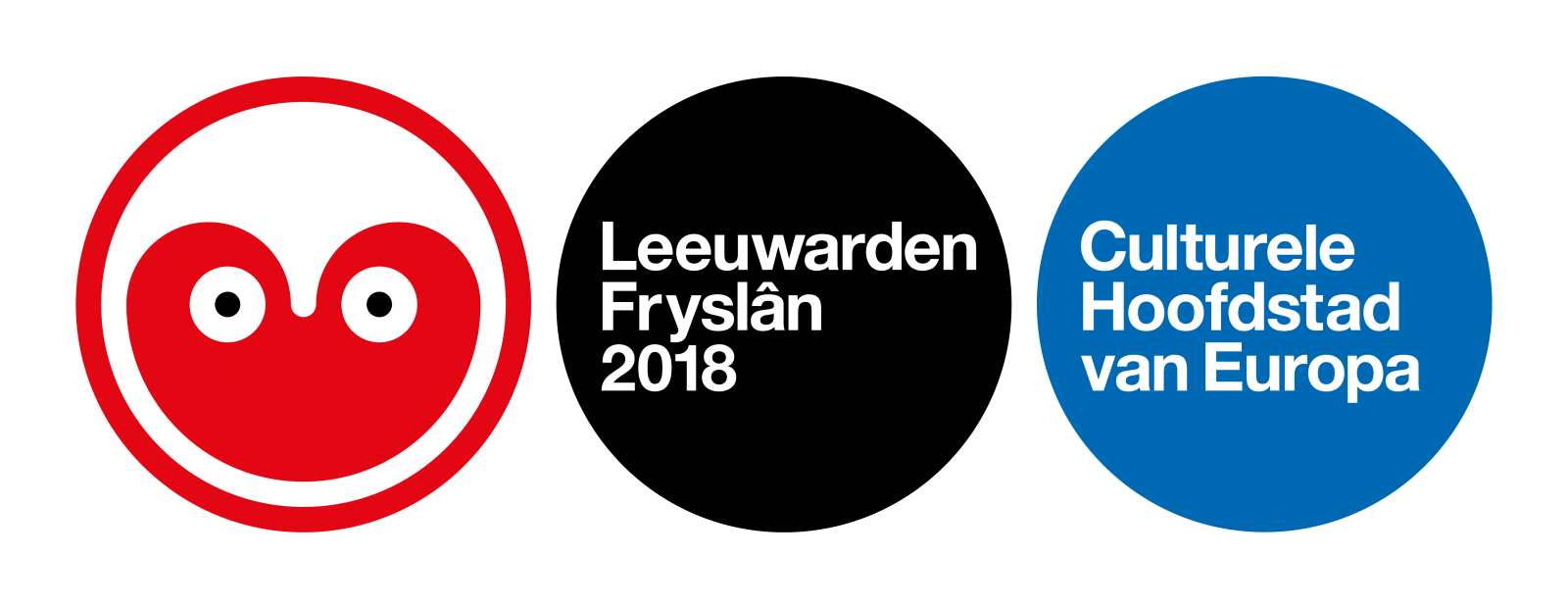
/RO - on the website.png)
